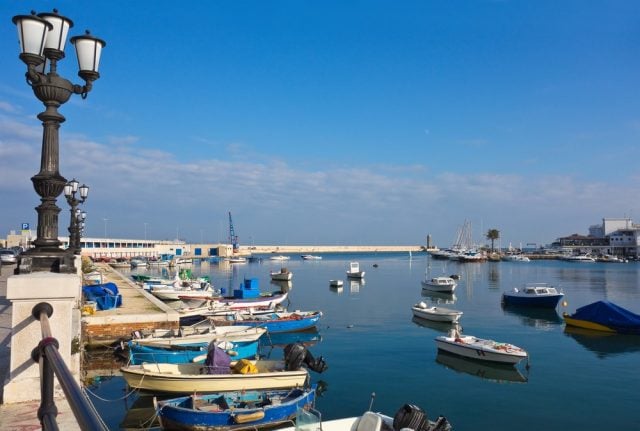The southern Italian region of Puglia has long been a favourite summer destination for travellers in the know, but most head straight for the beaches and overlook its capital city, Bari.
But Bari has now become a travel guidebook favourite. popular with those seeking a slice of “authentic” Italy, with fewer crowds, lower prices and a slower pace of life than that found in many better-known Italian cities.

Photo: Depositphotos
Bari was chosen because of its efforts to revitalise its “formerly battered” seafront, as well as for the regional cuisine, including the local orecchiette pasta famously made in the street by grandmothers.

Photo: Depositphotos
The city is also known for its raw seafood – baby octopus is eaten raw, with just a squeeze of lemon – as well as the narrow streets of the old town, and the grand Cathedral of San Nicola.
Beyond the city, the region of Bari encompasses a long stretch of scenic, rocky Adriatic coastline, including the famous seaside towns of Monopoli and Polignano a Mare.
Inland, the area's iconic rural landscape is filled with olive groves and dotted with white masserie (fortified farmhouses) and conical trulli houses.
Lonely Planet's list of European travel hotspots was topped by the High Tatras in Slovakia, and also featured Iceland, the Swiss town of Vevey, and the Spanish capital, Madrid.
Last year's ranking highlighted the central Italian region of Emilia-Romagna as a must-visit destination.
READ ALSO:
-
The ultimate 2019 travel list: Where to go in Italy this year
-
'The beauty, music and people of Salento keep me coming back for more'
-
'Like the Maldives': Italy's first coral reef discovered off the coast of Puglia



 Please whitelist us to continue reading.
Please whitelist us to continue reading.
Member comments